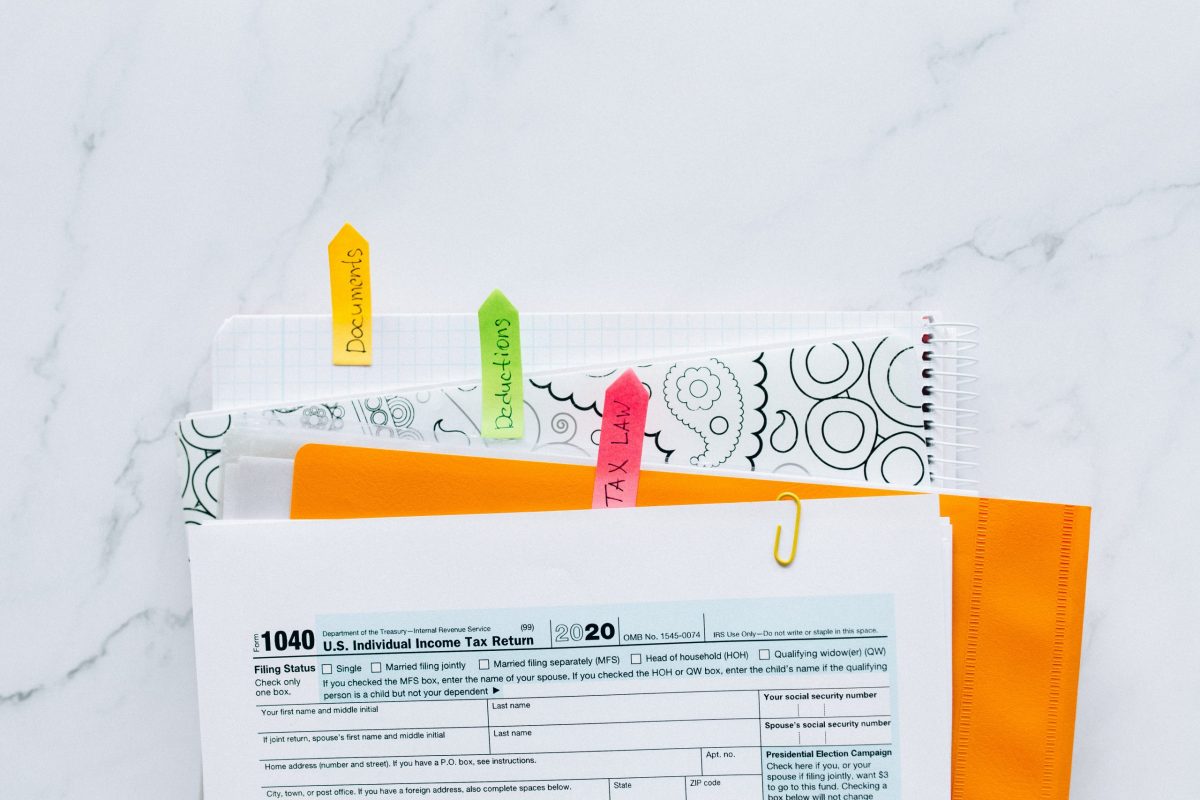To fee or not to fee? That’s been the question for nearly nine years. Now the Internal Revenue Service (IRS) believes that it has an answer: A D.C. Circuit Court has upheld the IRS’ authority to charge fees for issuing and renewing Preparer Tax Identification Numbers (PTINs).
A PTIN is like a substitute Social Security Number (SSN) for tax preparers. When the IRS first made PTINs available to tax return preparers in 1999, the numbers were issued for free.
In 2010, the IRS required all paid tax preparers to obtain and use a PTIN. That’s still the case today: A paid preparer may not file a return without a PTIN.
But when PTINs became mandatory, they also became expensive. That year, the IRS required an initial fee of $64.25. Each year, an additional renewal fee of $63 applied. The government justified the fee by pointing to 31 U.S.C. § 9701, which permits federal agencies to “charge for a service or thing of value provided by the agency.”
The IRS also moved to regulate tax preparers, and the matter predictably went to court. In Loving v. IRS, 742 F.3d 1013 (D.C. Cir. 2014), the IRS’ efforts to license preparers were struck down, but the PTIN rules stuck.
(You can find out more about Loving here.)
Shortly after the ruling, plaintiffs Adam Steele, Brittany Montrois, “and a Class of More Than 700,000 Similarly Situated Individuals and Businesses” filed a class-action suit seeking to recover allegedly unlawful license fees paid to the IRS. The plaintiffs alleged that the IRS was not allowed to require PTINs and charge PTIN fees. And, the plaintiffs argued, even if the IRS did have the authority to charge preparers PTIN fees, the fees charged were excessive.
In 2017, the court agreed that the IRS could continue to require the use of PTINs for tax preparers. However, the plaintiffs got a win after Judge Royce C. Lamberth found that PTINs did not constitute a “service or thing of value,” which would justify a fee. In fact, the court suggested that the opposite might be true. The real benefit of the PTIN, the court wrote, “inures to the IRS, who, through the use of PTINs, may better identify and keep track of tax return preparers and the returns that they have prepared.” The court ultimately ruled that the IRS could require the use of PTINs but could not charge fees for them “because this would be equivalent to imposing a regulatory licensing scheme and the IRS does not have such regulatory authority.” In the ruling, the IRS was barred from charging PTIN fees and ordered to provide a full refund of all PTIN fees paid. The potential cost to the IRS at the time was thought to be well over $175 million.
(You can read about the case here.)
The IRS, of course, appealed and the matter went back to court. It was argued in the United States Court of Appeals for the District of Columbia Circuit on May 11, 2018. This month, the court ruled that the IRS does have the authority to charge PTIN fees (Montrois, No. 17-5204 (D.C. Cir. 3/1/19)).
The appeals court disagreed with Judge Lamberth, finding that the IRS did provide a service in exchange for the fee. The service—the provision of the PTIN—has value because it allows tax preparers to use those numbers instead of their Social Security numbers on tax returns. And the IRS devotes personnel and resources to providing the numbers and maintaining the database of PTINs on the IRS website (you can see the PTIN database here).
The court considered whether the service conferred a “specific benefit” to those paying the fee. Characterizing the benefit is important since under the Independent Offices Appropriations Act, fees are assessed against those specifically benefitting from a particular service and taxes are imposed for the benefit of the general public. The court found that the specific benefit in this case is privacy, and the protection of the confidentiality of Social Security numbers is “adequate to support the assessment of a PTIN fee.” That benefit has, the court found, been a reliable pillar in the IRS’ arguments in favor of a PTIN since 1999. When the IRS continued the use of PTINs in 2015 after the Loving decision, the agency explained that “[r]equiring the use of PTINs . . . benefits tax return preparers by allowing them to provide an identifying number on the return that is not an SSN.”
The court didn’t address whether the size of the PTIN fee was appropriate, noting, “On remand, the district court is free to consider arguments concerning the alleged excessiveness of the fee.”
And with that, the court vacated the district court’s opinion, which means that the lower court’s judgment is no longer valid. That opens the door for the IRS to reinstate those PTIN fees (and, of course, it would also mean no refund for PTIN fees which were already paid).
(You can read the opinion as a PDF here.)



